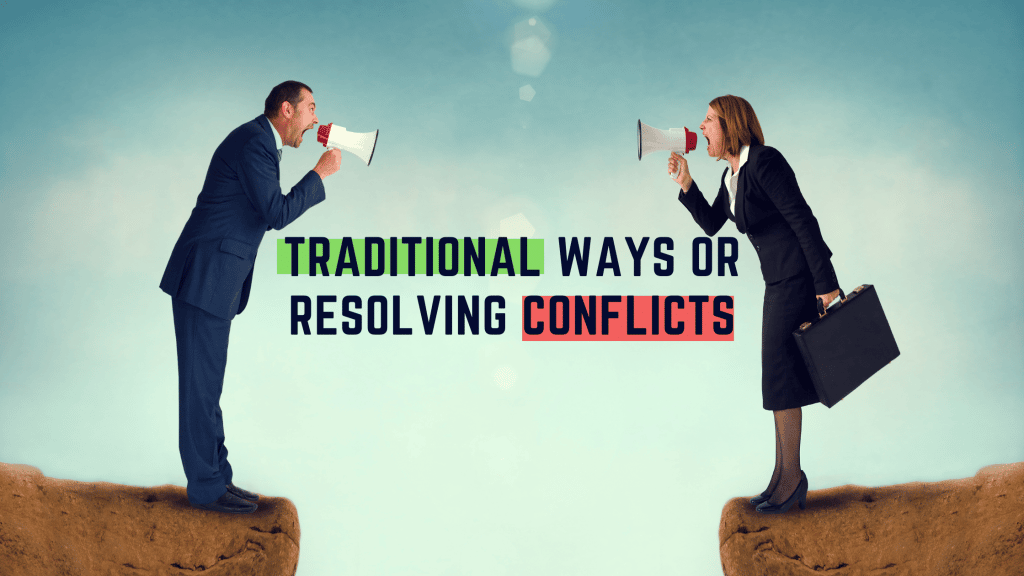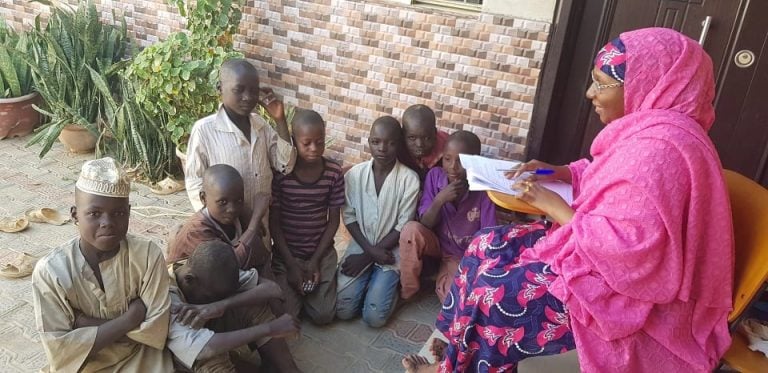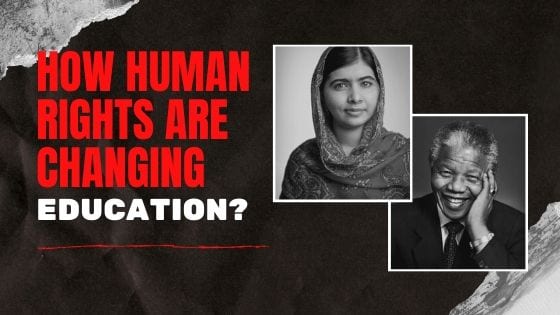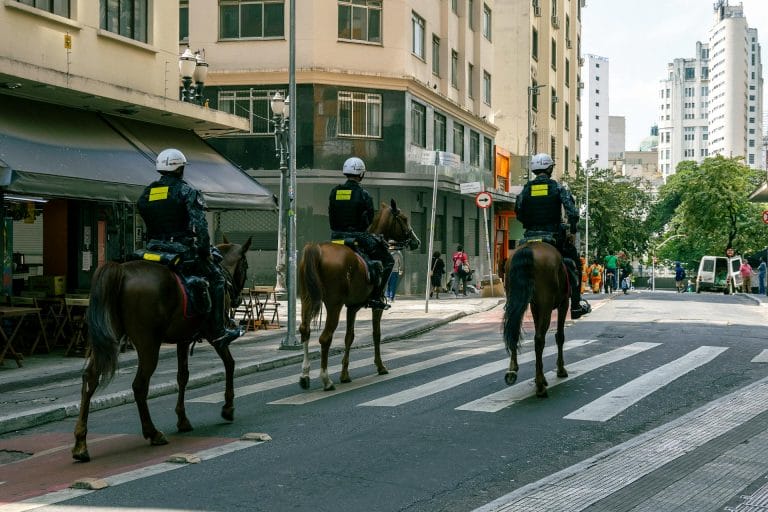Traditional ways of resolving conflicts – Atlantic International University
August 25, 2022 2023-09-18 21:17
Traditional ways of resolving conflicts – Atlantic International University
Introduction
This article will discuss some of the means to be utilized in Conflict Resolution. There are several approaches one could take to resolving conflict. This article will focus on the following methods; retortion, reprisal and reconciliation by regional agencies, conciliation and arbitration. We will begin by defining conflict and then we will explore some causes of conflict and approaches one can take in resolution.
What is conflict?
According to Collins dictionary conflict is, “a serious disagreement and argument about something important. If two people or groups are in conflict, they have had a serious disagreement or argument and have not yet reached agreement”. Conflict can also be defined as a situation in which misunderstanding exists between two parties.
What causes conflict?
According to https://www.accipio.com/, possible causes of conflict are:
- When two people have different perceptions about something
- Differences in religion
- When two people have different styles of doing something
- When one party violates the right of another party
- When one person feels cheated
As mentioned before, there are several ways that conflicts can be resolved. There are two peaceful approached that can be taken; arbitration and conciliation.
Arbitration
Arbitration is considered to be a peaceful method that involves bringing in a third party to help to resolve a conflict between two parties. This person is usually referred to as an arbitrator. It’s the job of an arbitrator, to serve as a go-between, for parties that are at an impasse. Secondly, a judicial settlement of a conflict is another method that may be employed. The court, like the International Court of Justice (ICJ) located in Hague, plays a vital role in ensuring that conflict is brought to an end and has contributed to resolving conflict on a larger scale around the world. For example, this International Court of Justice, played a vital role in resolving the conflicts of several countries, such as Cote d’Ivoire as well as other African nations.
Conciliation
Conciliation speaks to a form of mediation from a third party in an effort to placate the parties of a conflict. This method of conflict resolution may sometimes involve the formulation of a commission by the parties involved, with the members of the commission working to bring the parties to resolution.
Conflicts can also be resolved through coercive means like war, reprisal and retortion.
War
There are times when a conflict seems to be unending between two parties and it only through the rigors of war that such a conflict can be resolved. The Nigerian Civil War also known as the Biafran War, was fought between the government of Nigeria and the secessionist state of Biafra. Biafrans were trying to secede from Nigeria, and consequently the Nigerian government employed the use of force to end the conflict. The Biafrans eventually gave up because the leader of the revolt fled the country. It is believed that sometimes for peace to exist, a war must be fought.
Reprisal
Reprisal, as another means of coercive conflict resolution, speaks to the act or practice of resorting to force; short of war in retaliation, for damage or loss suffered. Reprisal to acts may be deemed illegal if taken alone, but may become legal when adopted by one state in response to the doing of an earlier illegal act by another state.
Retorion
Retortion is a term that is predominantly used in international law and speaks to an act perpetrated by one nation upon another in retaliation for a similar act done by the other nation. It is different from a reprisal in that it is almost always an action in compliance with international law but it can in many instances be considered unfriendly. For instance, Country A may feel offended by an action of country B. Country A may therefore decide to withdraw its ambassador from country B. South Africans offended Nigeria by executing some of its citizens who were living in the country. In response, Nigeria withdrew its ambassador who was in South Africa.
Conclusion
We can conclude that the means of resolving conflict can be both peaceful and coercive.
How will this affect me as a Civil Engineering professional?
It will not affect my professional at all.
How can the subject be related to Civil Engineering?
It has not related.
Why is it important for me?
It is important to me because, the work of civil engineering will not be possible in an environment where there is so much conflict. The importance of resolving conflict to engineer cannot be over emphasize, this means that civil engineer can only do what he knows how to do when a particular conflict is resolved.
Related Posts
Traditional ways of resolving conflicts – Atlantic International University
August 25, 2022 2023-09-18 21:17Popular Tags






























